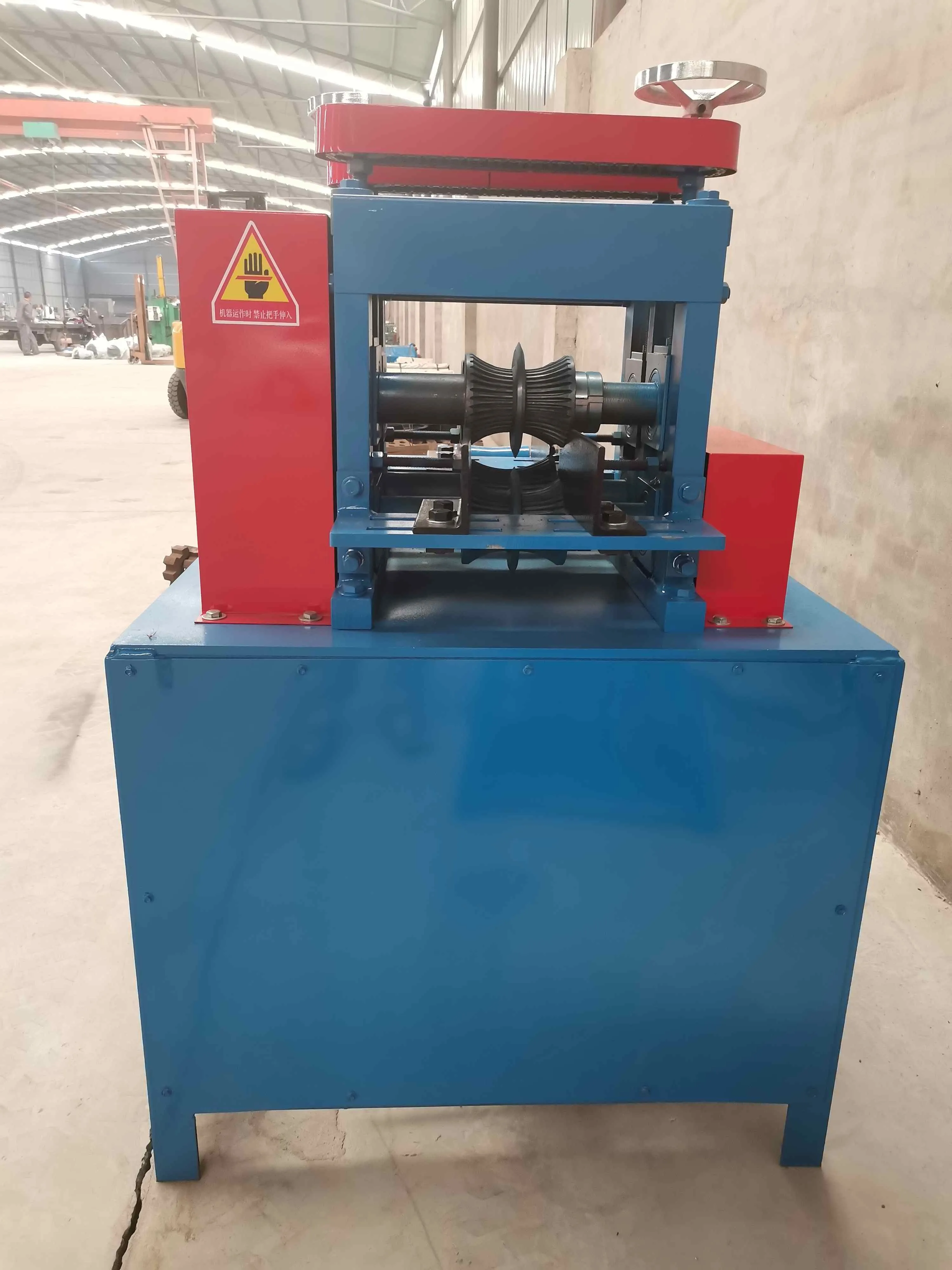

Aug . 21, 2024 21:47 Back to list
The Hammer Crusher for Coal A Versatile Solution for Mining and Industry
In the realm of mining and industrial processing, the hammer crusher stands out as one of the most efficient and widely used machines. Specifically designed for crushing coal, the hammer crusher has become an essential component in various applications, ranging from power generation to cement production.
What is a Hammer Crusher?
A hammer crusher, also known as a hammer mill, is a type of size reduction equipment that utilizes high-speed rotating hammers to crush materials. It comprises a sturdy casing, a rotor equipped with hammers, and a screen to control the output size of the crushed material. The design allows for the efficient crushing of various materials, but it is particularly suited for soft to medium-hard materials like coal.
How Does It Work?
The operation of a hammer crusher for coal is relatively straightforward. Raw coal is fed into the crusher's inlet where it encounters the rapidly spinning hammers. As the coal pieces collide with the hammers and the casing of the machine, they shatter into smaller particles. The size of the final product is determined by the mesh size of the screen through which the crushed coal must pass. This adjustable feature allows operators to fine-tune the output to meet specific requirements for various applications.
Advantages of Hammer Crushers for Coal
One of the key benefits of using a hammer crusher for coal is its versatility. It can process a range of coal types, including bituminous coal, lignite, and anthracite. This adaptability makes it a valuable asset in industries such as power generation, where different coal grades may be used depending on availability and cost.

Moreover, hammer crushers are known for their high reduction ratios, meaning they can significantly decrease the size of coal particles in a single pass. This efficiency translates to lower operational costs and reduced energy consumption, making them an economically viable choice for many operators.
Another advantage is the simplicity of their design, which leads to easier maintenance and operation. The hammer components can be easily replaced, and the overall machinery requires less downtime compared to more complex systems. This reliability is crucial in industrial settings where continuous operation is paramount.
Applications of Hammer Crushers in the Industry
Hammer crushers find extensive application across various industries. In coal mining, they are used to prepare coal for sale by crushing it to the desired size for transportation. In power plants, crushed coal is a critical input in the combustion process, where it generates steam that drives turbines to produce electricity.
In addition, hammer crushers are utilized in the cement industry for crushing limestone and other materials required for clinker production. They are also used in the recycling of construction materials, whereby concrete and asphalt can be broken down for reuse.
Conclusion
The hammer crusher for coal represents a critical piece of machinery in many industrial applications. Its ability to efficiently crush coal into smaller, manageable pieces, coupled with its versatility and ease of maintenance, ensures its continued prominence in the industry. As energy demands rise and industries seek cost-effective and efficient solutions, the hammer crusher will undoubtedly play a fundamental role in shaping the future of coal processing and various other applications. Whether utilized in mining, power generation, or construction, the hammer crusher remains an indispensable tool in modern industrial operations.
Latest news
Troubleshooting Common Eddy Separator Problems
NewsJul.04,2025
The Role of Metal Recycling Plants in Circular Economy
NewsJul.04,2025
The Impact of Recycling Line Pickers on Waste Management Costs
NewsJul.04,2025
Safety Features Every Metal Shredder Should Have
NewsJul.04,2025
How Industrial Shredders Improve Waste Management Systems
NewsJul.04,2025
How Cable Granulators Contribute to Sustainable Recycling
NewsJul.04,2025